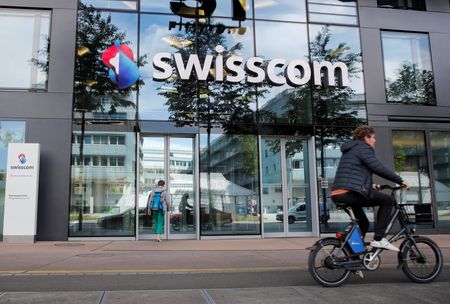BUCHAREST (Reuters) – Romanian state-owned nuclear power producer Nuclearelectrica has signed the main engineering contract to extend the life of its first reactor at a cost of about 1.9 billion euros ($1.98 billion), it said on Thursday.
The deal is with a consortium of four companies, comprising Canada’s AtkinsRealis, the Canadian Commercial Corporation, Korea Hydro & Nuclear Power Co (KHNP) and Italy’s Ansaldo Nucleare, pending approval from the Canadian government and Nuclearelectrica shareholders.
Romania has two 706 megawatt (MW) reactors that use Canadian CANDU technology, owned by AtkinsRealis, formerly known as SNC-Lavalin group, accounting for a fifth of the European Union country’s power production.
It plans to add two more 700 MW reactors using the same technology by 2031 and 2032 respectively.
The plans for its first reactor, which was connected to the national grid in 1996, aim to extend its life by three decades. Work on the reactor is expected to start in 2026.
KHNP said that its share of the project will be about 840 million euros, including replacement of major components and construction of infrastructure such as a radioactive waste storage facility.
Separately, Nuclearelectrica aims to build a small modular reactor plant (SMR) using technology from U.S. company NuScale Power, which could become Europe’s first project using the technology.
The two new reactors and the SMR project would double Romania’s nuclear power capacity as it seeks to cut carbon emissions to meet EU reduction goals and bolster energy security.
($1 = 0.9601 euros)
(Reporting by Luiza Ilie; Editing by David Goodman)










